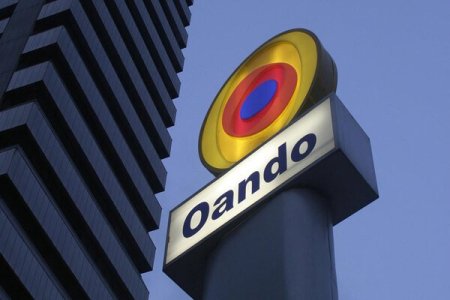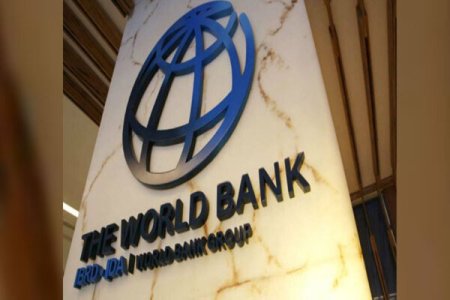
Minority shareholders of Oando Plc are demanding clearer governance structures and transparency regarding the company’s delisting plans. They are concerned about the lack of audited financial statements and the management’s role in the company’s financial decisions. Shareholders call for fair treatment and inclusion in future corporate strategies.
Minority shareholders of Oando Plc, a leading Nigerian energy company, are calling for clearer governance structures in light of the company’s pending delisting plans. They have voiced concerns over the lack of transparency regarding the company’s financial health and governance practices. The shareholders, represented by lawyer Iseoluwa Abiodun-Johnson, argue that Oando’s management must address several long-standing issues, including the company's failure to publish audited financial accounts for 2023 and the detrimental management fees paid to majority shareholders.
Abiodun-Johnson emphasized that the company’s management structure, which allowed the majority shareholders to collect 9% of Oando’s gross profit as management fees, has resulted in poor decision-making. He also criticized the delay in providing the audited financial reports, a crucial tool for minority investors to assess the company’s future.
The minority shareholders have been further frustrated by Oando’s failure to offer dividends despite recent profit-making activities, including the sale of outlets to NNPCL. Robert Adinuba Ibekwe, another shareholder, expressed disappointment with Oando’s management, lamenting that the company had failed to provide any significant financial updates or positive news, even though the share price was rising.
These concerns were echoed by Boniface Okezie, who also stressed the lack of transparency, particularly regarding financials for 2022 and 2023. Shareholders are hoping that the management will soon provide the necessary reports and engage in a more transparent dialogue at the upcoming Annual General Meeting (AGM).
This situation comes on the heels of the Securities and Exchange Commission (SEC) intervention in 2019, which led to the resignation of Oando’s board. While the issue was resolved through a negotiated settlement, many minority shareholders feel that they are still bearing the financial burden of these unresolved matters.
With Oando’s stock price continuing to rise despite these governance issues, minority shareholders are pushing for a clearer, more inclusive approach to the company’s future. Their demands reflect a broader push for stronger governance and financial transparency in Nigeria’s energy sector, ensuring that shareholders’ rights are upheld and the company remains accountable to all stakeholders.





![Today's Naira Rate[16-11-2024]: Nigerian Naira Faces Steep Decline, Parallel Market Hits N1,750/$](/data/attachments/210/210283-5e995ef978efd380c57591c54b3dddf2.jpg?hash=FHqxQvjPSE)
